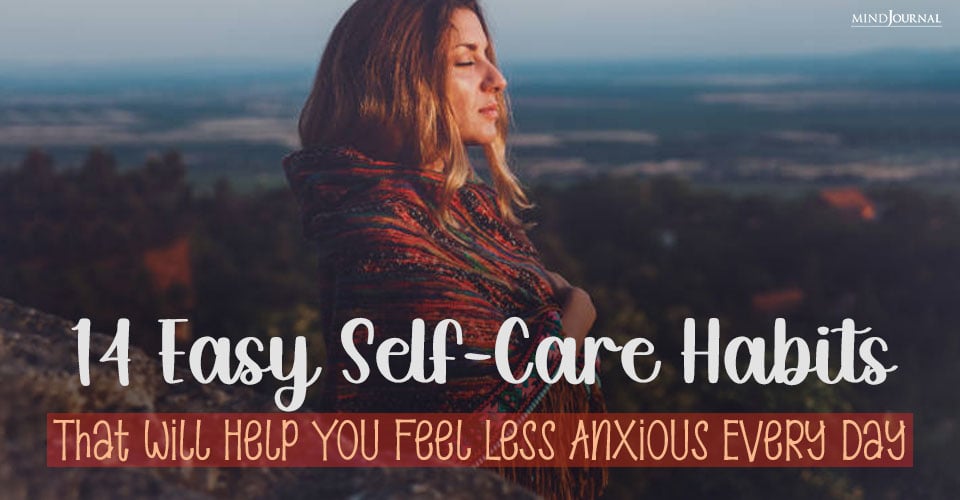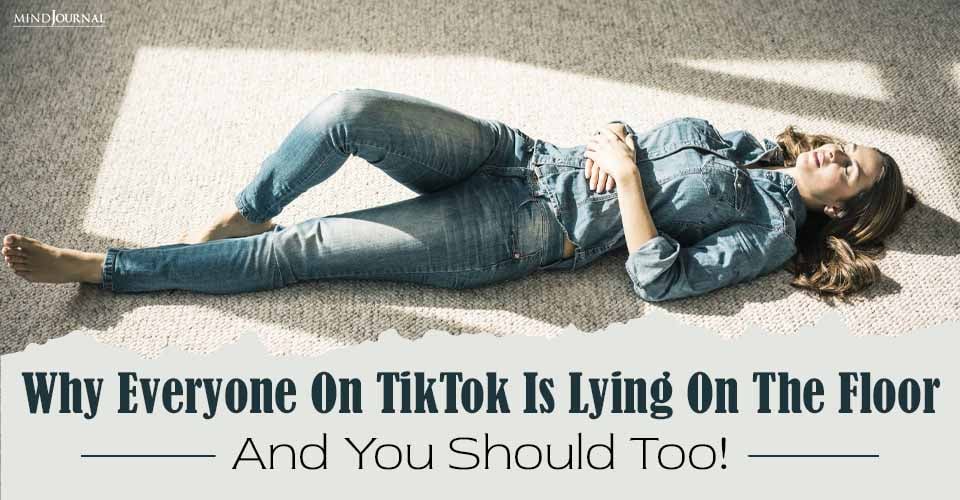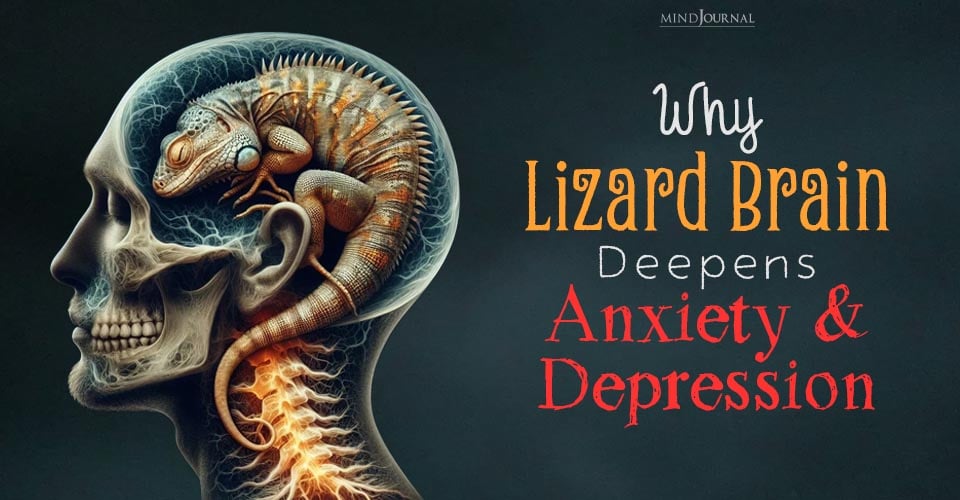Anxiety can take a lot from you, and dealing with it all the time can be exhausting, to say the least. But all hope is not lost, because there are a few things you can do to reclaim your power back, that has been taken by your anxiety.
The therapy session began with a standard, open-ended check-in. My client answered just as she had the two weeks prior. It had been another “bad week,” full of obstacles that triggered her anxiety and resulted in exhaustion.
With some encouragement, she was able to identify a few positives, validate a specific effort, and affirm two reps she acquired. Rather than her diagnosis serving as a framework to make sense of her symptoms and behavioral patterns, it seemed to have become her identity.
Her anxiety had gained an exorbitant amount of power and continued to pull her further and further away from the person she once was. The identity was something she could hide behind and justify certain choices or behaviors.
Prior to the pandemic, she was away at college, hanging out with friends and gaining independence. She returned home to live with her parents and her ability to connect with others began to diminish.
Related: Ways To Deal With Anxiety: 4 Mantras To Stop Anxious Thoughts
The structure that she created for herself while living on campus was no longer intact. The reputation she had worked for and gained became a distant memory. Her bed became her sanctuary.
It kept her safe and sheltered from the family discord that occurred a floor below. Unfortunately, it also served as her prison and prevented her from establishing a new routine to combat her anxiety and depressive symptoms.
Countless hours of scrolling and consuming social media posts became her norm. This pattern generated a false sense of connection to others. She gravitated toward articles and posts that focused on mental health and self-diagnosing.
Most of these posts only seemed to trigger fear and fuel anxiety, rather than provide comfort. She began to fixate on any changes pertaining to her vision, breath, or body.
If she noticed a bump or felt itchy it immediately triggered an anxiety-induced response that led her to invasive and debilitating thought patterns. Stepping foot outside was now viewed as dangerous.
Eating alone was a thing of the past. The constant fear of experiencing anaphylaxis or fainting had tainted these everyday activities she once engaged in with very little thought. She was spiraling daily and found very little support from those around her.
Our work began by validating the many changes and adaptations she had been forced to make due to the outbreak of COVID-19. Anxiety was something she had struggled with even as a child, but the drastic changes and induced isolation greatly impacted her ability to cope.

The next step was to implement a structure to capitalize on her mornings. The goal was to create a format composed of accountability, patience, and grace. The momentum she generated from her first decisions of the day truly mattered, had power, and set the tone.
Her first decisions would hopefully ignite other decisions that would help her adopt a mindset strong enough to gain reps and combat anxiety. The implementation of boundaries helped her realize how certain behaviors that may soothe at the moment, were actually sabotaging her progress and confidence.
Before she went to sleep, she began to place her phone in a location other than her nightstand. This boundary helped prevent her from immediately engaging with the phone in the morning and staying in bed.
Regardless of how she slept, she was committed to completing a few steps before finding her phone. These steps primarily focused on mindfulness techniques and self-connection. She began looking out the window in the morning to greet the day.
This was followed by going into the bathroom and checking off some of the necessities before changing clothes. Completing these simple tasks from start to finish gave her confidence and rekindled the sense of purpose and pride that had been difficult to access.
Every week, her commitment to change began to grow and she began to implement positive risks into her weekly routine. She identified certain triggers, such as driving or contacting a friend, and made these obstacles her focal point, something to specifically dedicate her energy towards.
Related: Taking Your Power Back From Anxiety: 7 Words To Overcome Anxiety
Each step and risk affirmed her strength. She was and always had been capable, it had just been clouded and absorbed by anxiety. Every step, regardless of how big or small, needed to be validated.
Her efforts, or acts of self-care, were categorized as fuel. She began to identify them as a way to unlock the dormant parts of her that embodied strength and had the capability to challenge anxiety.
First steps in regaining power.
5 Ways You Can Reclaim Your Power Back That Was Taken By Your Anxiety
1. Set boundaries with your devices.
And practice being present, especially in the morning and before you go to sleep. This might be anxiety-provoking at first, but it will encourage you to address, rather than suppress, your symptoms during the day when your brain is the most capable of such tasks.
2. Take care of the basics.
And view every effort as a success. Be mindful of what you’re eating and drinking and how certain choices might affect your mood or ability to sleep. Increasing your water intake or taking a daily walk are great ways to build momentum and fight back.

3. Identify a positive risk.
Or step to focus on for the week. This does not need to be a huge task, but simply one that will ignite a part of you that has been difficult to access. Start small and build from there.
Related: How To Deal With Anxiety: 3 Simple Steps To Cope
4. Consult with a professional, not social media.
Be aware of how much social media you consume and how it might impact you. Your diagnosis or symptoms do not define you, they are something you experience. Seeking help requires strength, but it just might be the key to gaining a new perspective.
5. Challenge anxiety and rebalance your power.
First, recognize and validate how you feel. Assess what you can control and identify what your options are. These grounding questions can balance out intense emotion and can prevent you from spiraling into anxious thought patterns. Moving your body or changing your location is another great tool to encourage different thoughts and sensations.
Written By Leah Marone LCSW Originally Appeared On Psychology Today










Leave a Reply